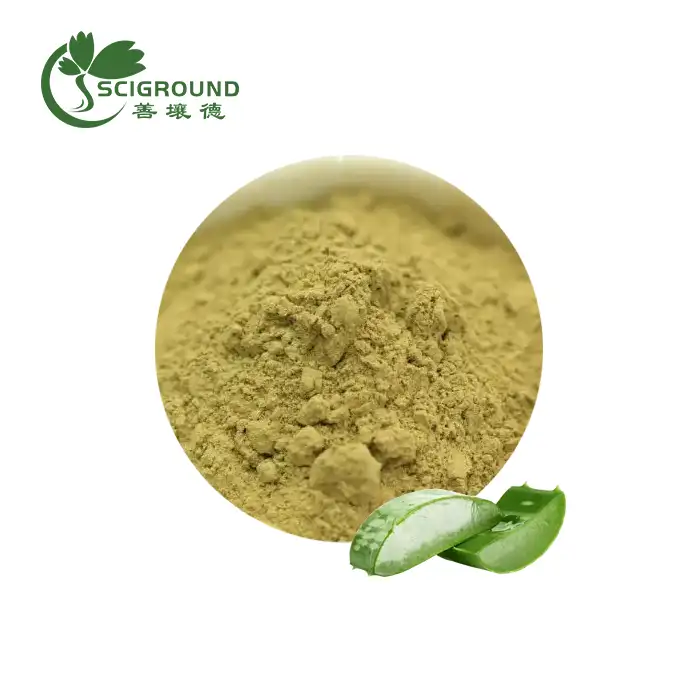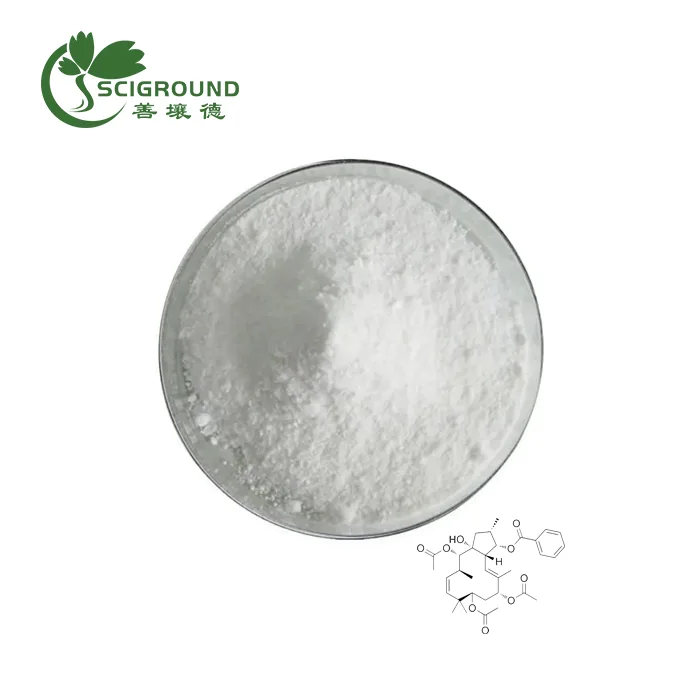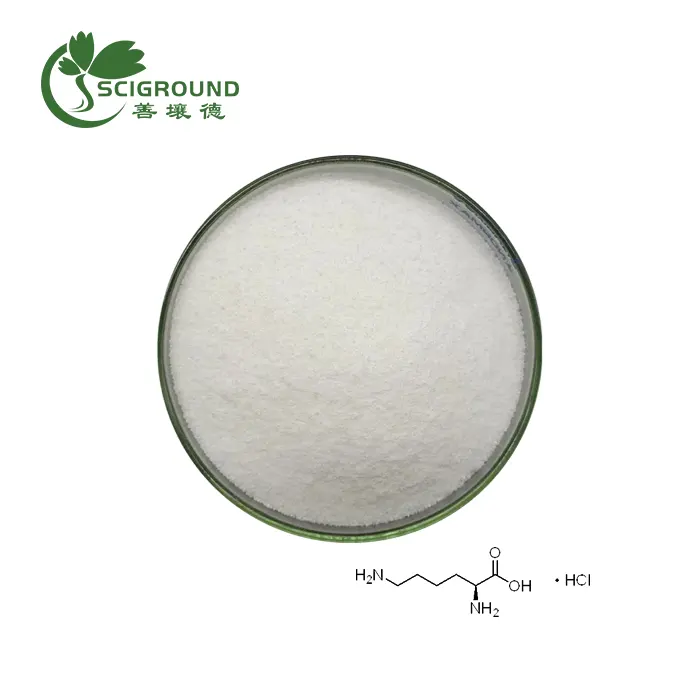What are bcaas
Table of Contents
What Are BCAAs?
Definition of BCAAs
Essential Amino Acids
Types of BCAAs
Role in the Body
What Are BCAAs Good For?
Muscle Building and Repair
Reducing Muscle Soreness
Energy Source During Exercise
What Are BCAAs Found In?
Natural Sources
BCAA Supplements
What Are BCAAs in Protein Powder?
Importance of BCAAs in Protein Powders
Best Ratios for Muscle Protein Synthesis
What Do BCAAs Actually Do?
BCAAs and Protein Synthesis
BCAAs and Muscle Growth
BCAAs and Exercise Performance
Is BCAA a Type of Creatine?
Understanding Creatine
Difference between BCAAs and Creatine
Are BCAAs Steroids or Not?
Clarifying Misconceptions
BCAAs and Athletic Performance
BCAA Side Effects
Potential Risks
Safe Dosage Recommendations
What Are BCAAs in Prime?
Role of BCAAs in Pre-Workout Supplements
Synergy with Other Ingredients
What Are BCAAs in Drinks?
BCAAs in Sports Drinks
Benefits for Hydration and Performance
What Are BCAAs and EAAs?
Essential Amino Acids (EAAs)
Difference between BCAAs and EAAs
What Are BCAAs?
Leucine, isoleucine, and valine make up the group of three essential amino acids known as BCAAs, which stands for Branched-Chain Amino Acids. Because the body cannot produce these amino acids on its own and must obtain them through diet or supplements, they are regarded as essential. BCAAs play a crucial role in various physiological functions, particularly in muscle metabolism.
Essential Amino Acids
Amino acids are the structure blocks of proteins, and they are fundamental for different physical processes. A well-balanced diet is incomplete without the nine essential amino acids, which the body cannot produce on its own. BCAAs are unique among the essential amino acids due to their branched molecular structure.

Types of BCAAs
Leucine: Often regarded as the most important BCAA, leucine plays a pivotal role in muscle protein synthesis. The mTOR pathway, a crucial regulator of muscle growth, is activated by it.
Isoleucine: This bulk bcaa powder is essential for energy regulation and immune system support. It also aids in hemoglobin synthesis, crucial for oxygen transport in the blood.
Valine: Valine promotes muscle coordination and tissue repair. It also helps maintain nitrogen balance in the body, essential for overall health.
Role in the Body
BCAAs are basically used in skeletal muscles as opposed to the liver, which separates them from other amino acids. During exercise, the body uses BCAAs as an elective energy source, protecting glycogen stores and decreasing muscle protein breakdown. Consequently, BCAAs have become increasingly popular in the fitness community.
What Are BCAAs Good For?
Muscle Building and Repair
BCAAs are notable for their part in advancing muscle development and fix. Leucine, in particular, activates muscle protein synthesis, initiating the process of building new muscle tissue.
Reducing Muscle Soreness
Taking BCAA supplements before or after intense workouts can help reduce muscle soreness and accelerate recovery. By minimizing muscle damage, bulk bcaa powder enable athletes to recover faster and train more consistently.
Energy Source During Exercise
During prolonged exercise, BCAAs can be broken down and used as an additional energy source. This helps delay fatigue and improve endurance, making them particularly beneficial for endurance athletes.

What Are BCAAs Found In?
Natural Sources
BCAAs are present in various protein-rich foods, including:
Meat and Poultry
Fish and Seafood
Dairy Products
Legumes and Beans
Nuts and Seeds
BCAA Supplements
For individuals with specific dietary needs or intense training regimens, BCAA supplements offer a convenient and concentrated source of these essential amino acids.
What Are BCAAs in Protein Powder?
Importance of BCAAs in Protein Powders
Protein powders are a famous dietary enhancement for competitors and wellness lovers the same. Including BCAAs in protein powders enhances their effectiveness in supporting muscle growth and recovery.
Best Ratios for Muscle Protein Synthesis
The optimal ratio of BCAAs in protein powder varies, but a common recommendation is a higher proportion of leucine. A leucine-rich protein powder can stimulate muscle protein synthesis more effectively.
What Do BCAAs Actually Do?
BCAAs and Protein Synthesis
BCAAs activate mTOR, a protein that regulates muscle protein synthesis. By increasing mTOR activation, BCAAs play a significant role in promoting muscle growth.
BCAAs and Muscle Growth
Muscle growth requires a positive protein balance, where protein synthesis exceeds breakdown. Bulk bcaa powder can tip the balance in favor of muscle growth.
BCAAs and Exercise Performance
By reducing the rate of perceived exertion (RPE) during exercise, BCAAs can help individuals push harder during workouts and improve overall performance.
Is BCAA a Type of Creatine?
Understanding Creatine
Creatine is a compound tracked down normally in modest quantities in specific food sources. It assumes a key part in giving energy during short explosions of extreme active work.
Difference between BCAAs and Creatine
While both BCAAs and creatine are popular supplements among athletes, they have different mechanisms of action and serve distinct purposes in the body.
Are BCAAs Steroids or Not?
Clarifying Misconceptions
Steroids do not exist; they are normally happening amino acids that are essential for protein combination and muscle wellbeing.
BCAAs and Athletic Performance
BCAAs are considered ergogenic aids, as they can enhance physical performance and reduce exercise-induced fatigue.

BCAA Side Effects
Potential Risks
When consumed in appropriate doses, BCAAs are generally safe for most individuals. However, excessive intake may lead to certain side effects.
Safe Dosage Recommendations
The right amount of BCAAs to take depending on your needs and health conditions can be determined by talking to a doctor.
What Are BCAAs in Prime?
Role of BCAAs in Pre-Workout Supplements
Pre-workout supplements containing BCAAs are designed to provide energy and support muscle performance during exercise.
Synergy with Other Ingredients
BCAAs may be combined with other performance-enhancing ingredients in pre-workout formulas to optimize athletic performance.
What Are BCAAs in Drinks?
BCAAs in Sports Drinks
Sports drinks with added BCAAs offer a convenient way for athletes to replenish these essential amino acids during and after physical activity.
Benefits for Hydration and Performance
BCAAs in sports drinks not only support muscle recovery but also aid in maintaining hydration levels during intense workouts.

What Are BCAAs and EAAs?
Essential Amino Acids (EAAs)
BCAAs are a subset of essential amino acids. EAAs encompass nine amino acids that the body cannot synthesize on its own and must be obtained through diet or supplements.
Difference between BCAAs and EAAs
While BCAAs play a critical role in muscle metabolism, EAAs have broader functions throughout the body, impacting various physiological processes.
Conclusion
In conclusion, Branched-Chain Amino Acids, or BCAAs, are necessary for muscle growth, recovery, and athletic performance as a whole. They offer different advantages, including lessening muscle irritation, giving an extra energy source during exercise, and advancing muscle protein union. By understanding the role of BCAAs in the body and their sources, individuals can optimize their nutrition and exercise regimens to achieve their fitness goals.
FAQs
Are BCAAs safe to consume daily?
Yes, when taken in appropriate doses, BCAAs are safe for daily consumption and can be beneficial for active individuals.
Can BCAAs help with weight loss?
While BCAAs can support muscle maintenance during weight loss, they are not a direct weight loss solution.
Can vegetarians get enough BCAAs from their diet alone?
Yes, vegetarians can obtain sufficient BCAAs from plant-based protein sources, such as legumes, tofu, and quinoa.
Can BCAAs be taken on rest days?
Yes, BCAAs can be taken on rest days to support muscle recovery and reduce muscle soreness.
Are there any interactions between BCAAs and medications?
BCAAs may interact with certain medications, so it's essential to consult a healthcare professional before taking them, especially if you're on medication.
References
Norton, L. E., & Layman, D. K. (2006). Leucine regulates translation initiation of protein synthesis in skeletal muscle after exercise. The Journal of Nutrition, 136(2), 533S-537S.
Shimomura, Y., Inaguma, A., Watanabe, S., Yamamoto, Y., Muramatsu, Y., Bajotto, G., ... & Mawatari, K. (2010). Branched-chain amino acid supplementation before squat exercise and delayed-onset muscle soreness. International Journal of Sport Nutrition and Exercise Metabolism, 20(3), 236-244.
Mero, A. (1999). Leucine supplementation and intensive training. Sports Medicine, 27(6), 347-358.
Gualano, A. B., Bozza, T., Lopes, D. C. P., Roschel, H., Dos Santos, C. A., Luiz, M. M., ... & Herbert, L. J. A. (2011). Branched-chain amino acids supplementation enhances exercise capacity and lipid oxidation during endurance exercise after muscle glycogen depletion. The Journal of Sports Medicine and Physical Fitness, 51(1), 82-88.
About Author

Celine Xu is a botanist with over 15 years of experience researching and developing plant extracts for nutritional and pharmaceutical applications. She leads an R&D team focused on identification, cultivation and extraction of medicinal plants. Celine Xu earned a Ph.D. in Plant Biology has authored numerous articles in peer-reviewed journals about the health benefits of specific phytochemicals. She frequently speaks at industry conferences about new developments in plant extract research. Celine Xu is dedicated to advancing the scientific understanding of how targeted plant compounds can be used to improve human health.
Related Industry Knowledge
- Is cardamom the same as Amomum?
- What is Allium Cepa Bulb Extract?
- What is Aconitum used for?
- What is acrylamide powder used for?
- Is horseradish powder spicy?
- Why is Vitamin B2 Important to the Body
- What kind of inflammation does curcumin reduce?
- Does Polygala help sleep?
- Acacia Fiber vs Inulin
- How to take inulin powder







